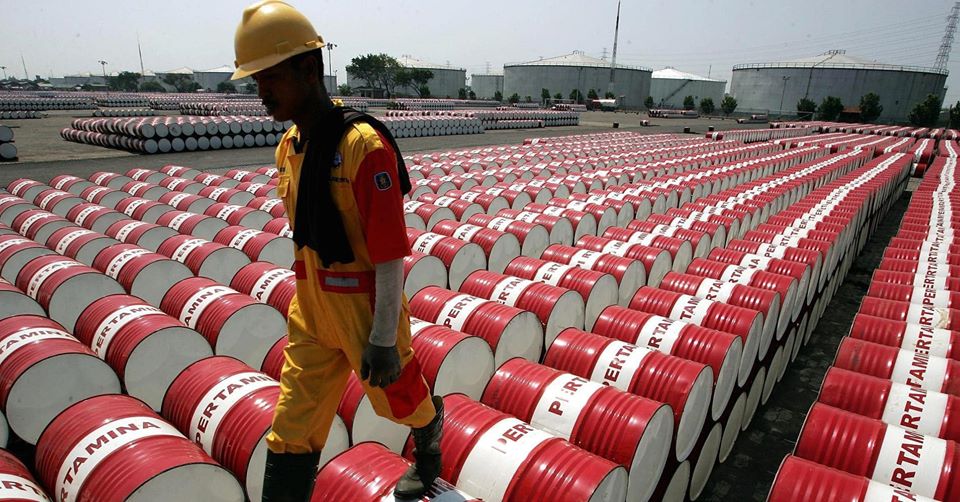There are no products in your shopping cart.
| 0 Items | £0.00 |


NIGERIA'S economy has enjoyed a minor boost after global crude oil prices rose to almost $70 a barrel amid signs that the world economy is slowly picking up resulting in increased petroleum product consumption.
As a result of the coronavirus pandemic, oil prices collapsed but over the last year, they have gradually rallied as demand picked up. Nigerian National Petroleum Corporation (NNPC) officials are optimistic that the development will lead to increased crude oil exports but will burden the country with the cost of higher petrol import costs.
According to the NNPC, it pays out an estimated N100bn in petroleum subsidies monthly and would be withholding N112bn from April Federal Account Allocation Committee payments to cover the subsidy on petroleum imports. Although the NNPC said that the payment of subsidies was not affecting its finances, a continued increase in oil prices on the international market could put a strain on its ability to continuously fulfil its obligations.
Michael Osatuyi, the national operations coordinator of the Independent Petroleum Marketers Association of Nigeria, said the subsidy regime was the result of government negligence over the years. He stated that removing the current subsidies may drive the price close to N300 and distort the whole system because petrol was an utility used around the country, in virtually all industries.
Mr Osatuyi said: “The government is trying to manage the problem. In a deregulated system, the pump price has to go up considering the surge in crude oil prices.
“The NNPC has revealed that it will spend over N100bn on subsidy in April, that is about N2tn a year, a huge amount. Nigeria has about 200trn cubic feet of gas that can serve us for about 50 years at 60% of the cost of petrol over the same period.”
S&P Global Platts quoted a leaked draft document published by Euractiv that said the European Union had reportedly increased its 2030 target for the share of renewables in primary energy to between 38% and 40% from 32%. As European countries remain the combined largest importers of Nigerian petroleum, this could further hurt the country’s finances as crude oil remains Nigeria’s largest source of foreign exchange.